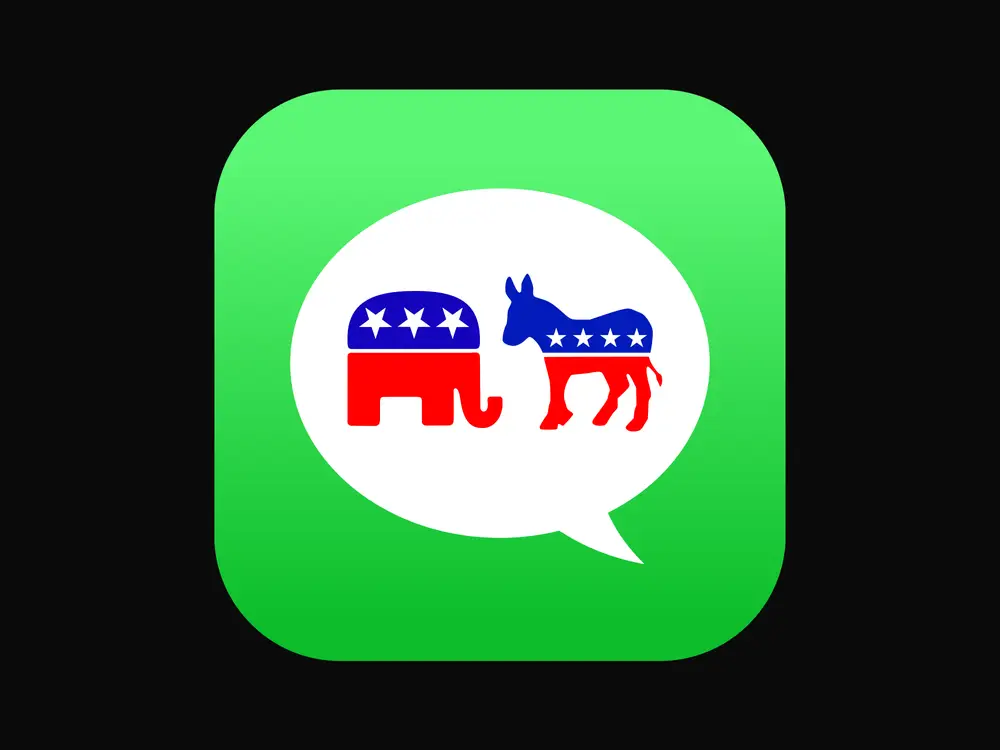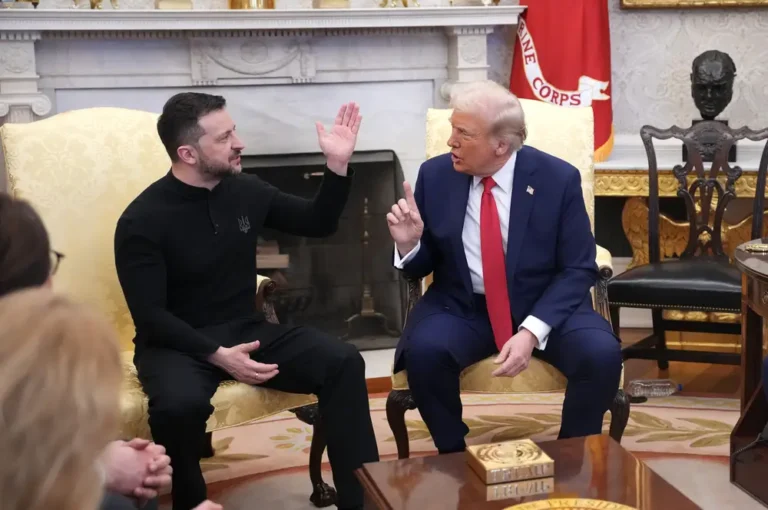Election Day means at least one good thing: No more political text messages!

It’s Election Day in the United States, and that means that come Wednesday morning, about half the country will be miserable, and half will be elated. One guy in France who bet $30 million on Trump winning will feel something. There’s also a chance that, as in 2020, our nation will groggily awaken to no result, existing in frantic limbo for a few days.
But whatever that outcome is, one thing will unify both sides: Those awful campaign text messages will finally stop.
For the past few months, my phone has been under constant assault from groups pleading for donations or trying to get me to click on shady-seeming links. I’ve gotten the messages from both sides — all sides, even.
If you, too, have felt bombarded with political texts, you’re not alone. The CEO of a big texting platform said in May that he expected 50% more political texts to be sent by Election Day this year when compared to 2022 — more than 25 billion of them.
What’s most vexing is that it seems impossible to get them to stop. Joanna Stern for The Wall Street Journal recently wrote about how she replied ‘”STOP” to one message, and then got 100 more. She spoke to people who worked at political texting firms, who confirmed her suspicions: If you reply “STOP,” it can just confirm to these outfits that your number is active.
You might not get any more texts from the specific group or political action committee that sent the text you responded to, but the campaign texting service now knows your number is active — and can sell your number to a different candidate or group.
The result is like plucking a gray hair — pull one, and more sprout up in its place.

Does your text inbox look like mine after a season’s worth of political ads?
What the political text rules say
The Federal Trade Commission makes rules around robocalls and robotexts: They’re exempt from the federal “Do Not Call” list, but there are other rules they have to follow — political messages sent by an autodialer require “the called party’s express consent.” But messages sent manually don’t require an opt-in, so that’s why you get so many messages saying, “Hi, Katie! It’s Suzie from thus-and-so candidate.”
The FTC says you can report receiving texts you didn’t ask for by forwarding the messages to 7726, or “SPAM.”
(A moment here to acknowledge all the Android users who are going to tell me that Android is much better at filtering out these spammy messages than the iPhone. I see you, I acknowledge you, I respect you. Please do not email me telling me I should switch to Android.)
This is an election where one of the biggest topics was prices at the grocery store — a tangible pain point Americans feel in their everyday lives. But what about a different kind of pain — the pain of getting a text and thinking it’s going to be something exciting, and then it’s just political spam? Awful.
The good news is, I’m sure by 2028, AI will have solved all of this







